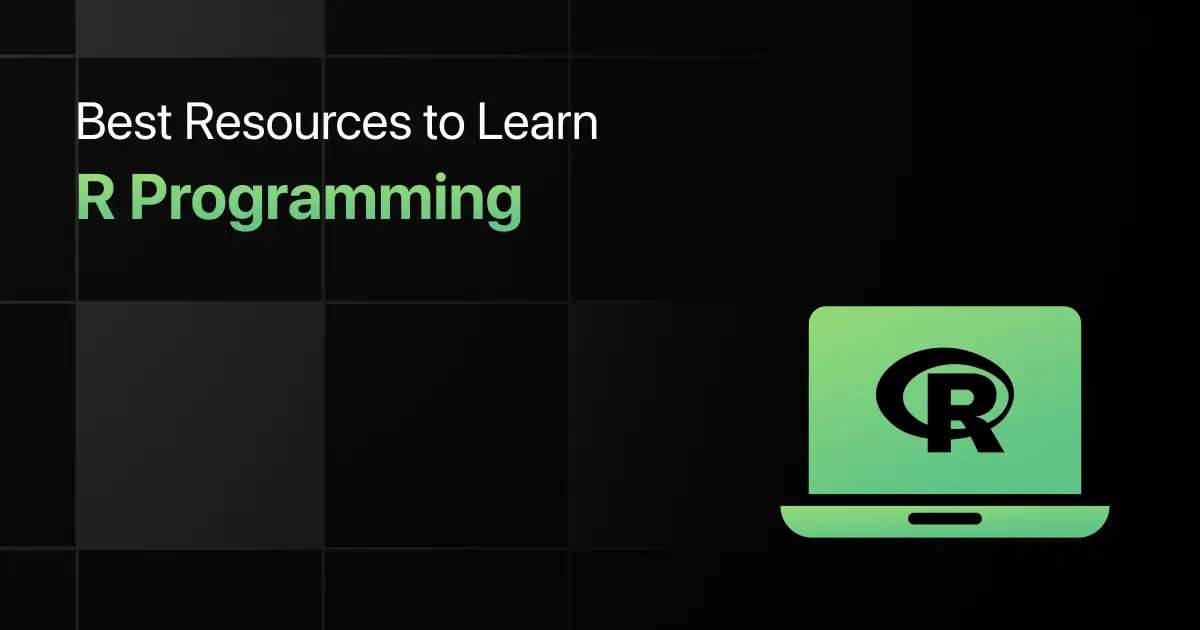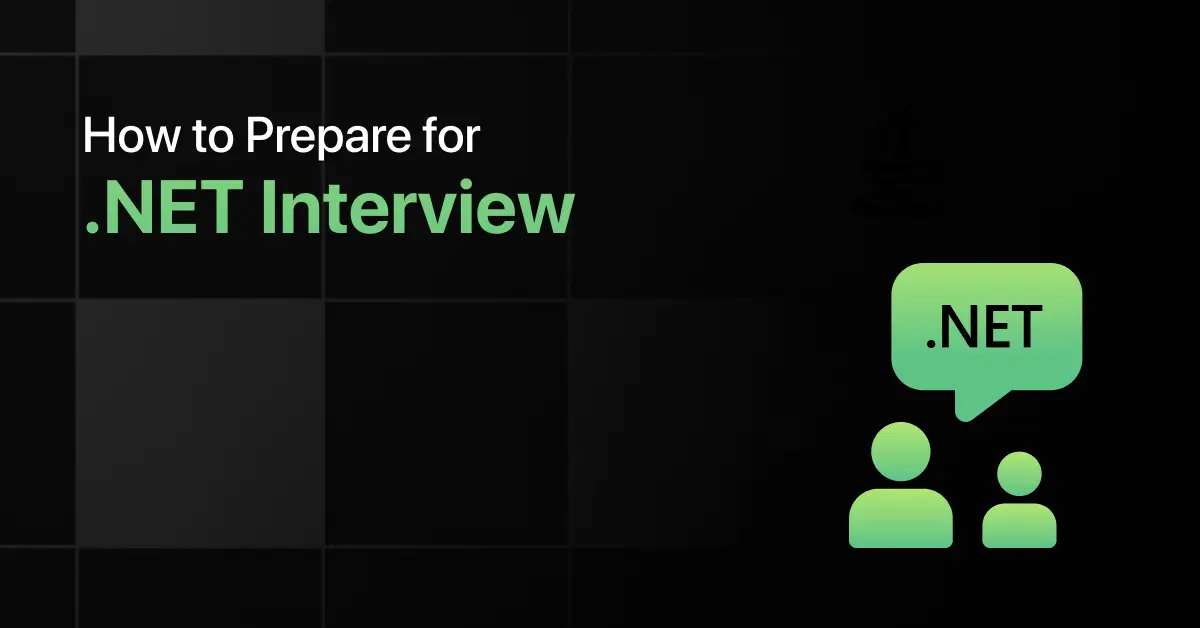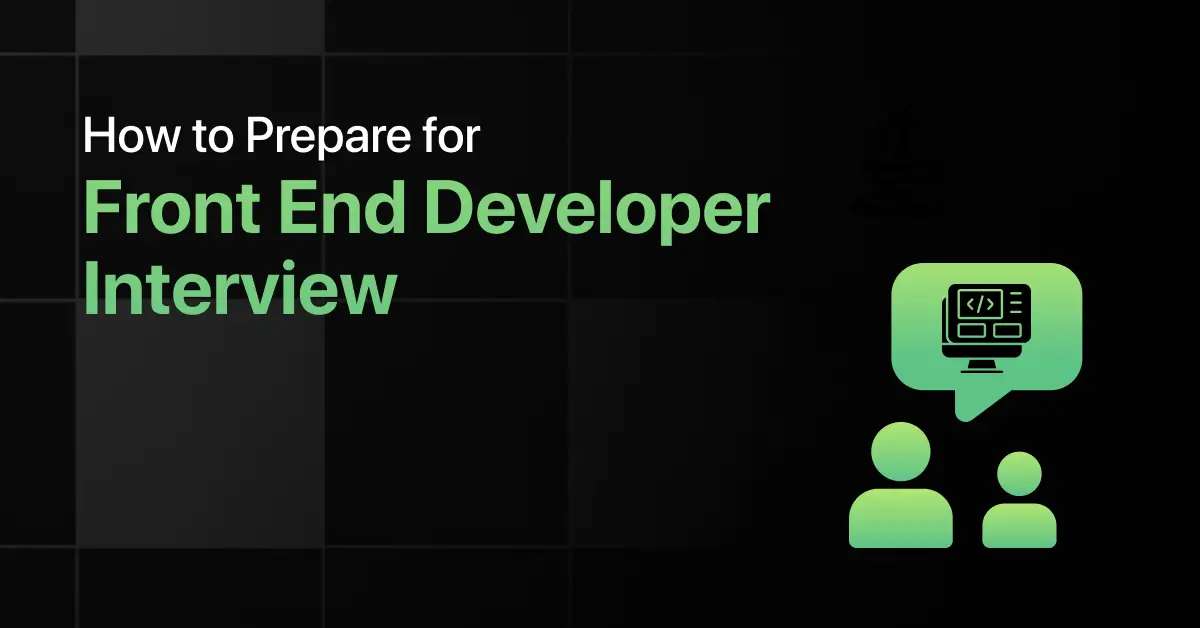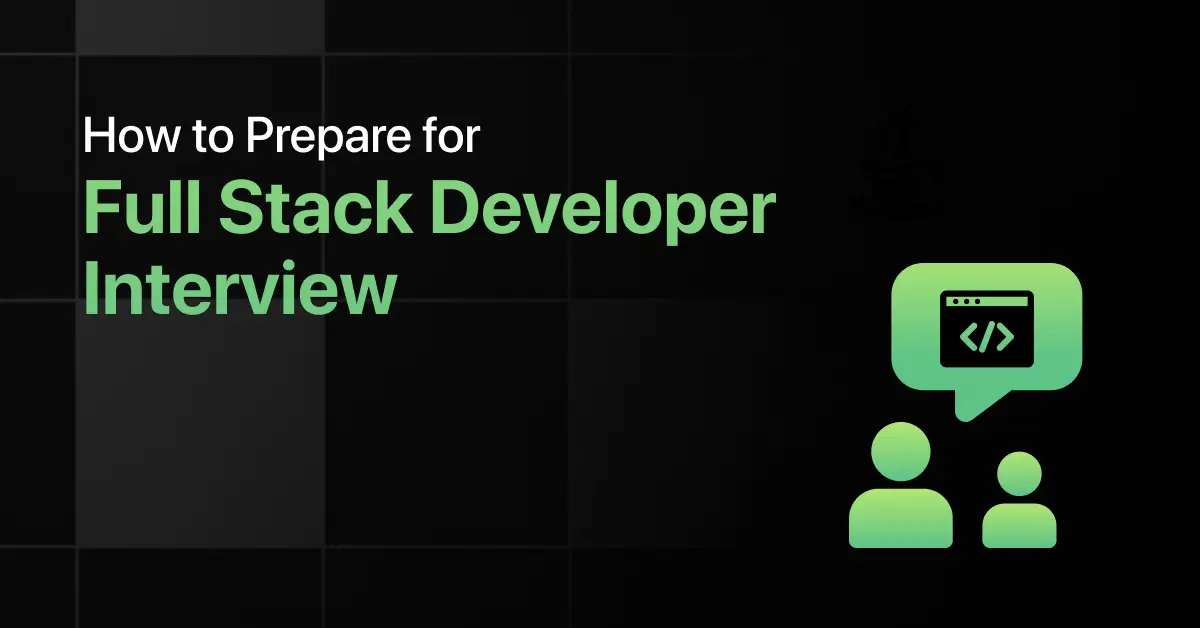Best Resources to Learn R Programming

R is a powerful language designed specifically for data analysis, statistics, and visualization. It is widely used by data scientists, statisticians, and researchers across industries to explore, model, and visualize data with precision and flexibility. With its vast collection of packages and strong community support, R remains a go-to tool for analytical computing.
In 2025, R programming continues to hold importance for careers in data science, analytics, and research-driven roles. Whether you’re a student, data enthusiast, or preparing for placements, this article lists the best resources to help you learn R from the ground up and build practical, job-ready skills in data-driven domains.
A Quick Overview of R Programming
| Popular Use Cases | R is used for data analysis, statistical modeling, machine learning, research reporting, and academic visualizations. |
| Learning Curve | R has a moderate learning curve with some initial syntax differences, but offers powerful data tools for focused learners. |
| Demand in India | R is in demand in analytics firms, research institutions, fintech companies, and consulting roles across India. |
| Job Roles | Roles include Data Analyst, Statistician, Data Scientist, Research Associate, and ML Engineer. |
| Salary Range | Entry-level R professionals earn ₹4–6 LPA, while experienced analysts and scientists earn ₹10–18 LPA based on skill and domain. |
| Top Companies Hiring | Top recruiters include TCS, Fractal Analytics, Mu Sigma, Cognizant, Accenture, and research-oriented startups. |
Key Concepts to Learn in R Programming
To effectively use R for data science and analytics, it is essential to understand the following core topics:
- Basic Syntax and Data Types : Learn how to declare variables, work with vectors, lists, matrices, and use basic operators.
- Data Structures in R : Understand how to manipulate data using vectors, factors, data frames, and tibbles.
- Data Import and Export : Read and write data from CSV, Excel, and other file formats using functions like read.csv() and write.csv().
- Data Cleaning and Transformation : Use packages like dplyr and tidyr to clean, filter, mutate, and summarize datasets.
- Data Visualization : Learn to create plots using base R graphics and advanced libraries like ggplot2.
- Control Structures : Apply if, else, for, while, and repeat loops to manage control flow.
- Functions and Packages : Write custom functions and understand how to install and use external R packages from CRAN or GitHub.
- Statistical Analysis : Perform hypothesis testing, regression analysis, and descriptive statistics using built-in functions.
- Machine Learning Basics : Explore simple classification and clustering techniques using packages like caret or mlr.
- R Markdown and Reporting : Create interactive and reproducible reports using R Markdown for research and presentation.
Best Online Resources to Master R Programming
R is best learned in a structured sequence that starts with basic syntax and data structures, followed by hands-on data cleaning, transformation, and visualization. Once you are confident with the fundamentals, you can move on to advanced analytics, statistical modeling, and machine learning using R packages.
The resources listed below are organized to guide you smoothly through this learning path from beginner to job-ready.
Getting Started
If you’re beginning your journey with R, start with video tutorials and structured free content that focus on the basics of data handling and analysis.
1. YouTube Channels
YouTube tutorials help simplify the process of learning R by visually demonstrating code execution and data analysis steps. These videos cover everything from basic syntax to real-world data problems, making it easier to follow along and understand how R works.
Learning Outcomes:
- Understand the R environment and its syntax
- Follow step-by-step examples for real data tasks
- Learn how to use built-in functions and libraries
- Gain familiarity with data frames and basic plotting
Mode of Learning: Online and self-paced
2. Free Courses
Free online courses offer a clear roadmap for learning R, covering fundamental topics like variables, data structures, data manipulation, and visualization. These courses are ideal for learners who want structured learning with practical tasks.
Learning Outcomes:
- Learn the essentials of data analysis with R
- Understand vectors, data frames, and basic operations
- Practice using functions from popular R packages
- Gain confidence working with small datasets
Mode of Learning: Online
Hands-On Practice
Once you’ve covered the basics, the next step is to reinforce your learning by solving problems and practicing on real data.
1. Coding Exercises
Hands-on coding exercises allow you to apply what you’ve learned in realistic scenarios. These problems cover data wrangling, statistical functions, and visualization using R syntax and logic.
Learning Outcomes:
- Apply R to solve structured problems
- Work with data frames and vector operations
- Practice using functions from packages like dplyr or ggplot2
- Strengthen your problem-solving using real datasets
Mode of Learning: Online
2. Programming MCQs
Multiple choice questions are useful for testing your knowledge of key concepts, including data types, control structures, and statistical functions in R. These are especially helpful when preparing for quizzes and placement tests.
Learning Outcomes:
- Review important concepts quickly
- Identify and correct common mistakes
- Prepare for theory-based evaluations
- Reinforce key functions and syntax
Mode of Learning: Online
3. Paid Courses
Paid courses offer guided learning with expert-curated lessons, real-world datasets, and mentor feedback. These courses are ideal for learners who want to go beyond the basics and apply R in a professional setting.
Learning Outcomes:
- Understand data science workflows using R
- Gain experience with statistical modeling and visualization
- Work on industry-relevant projects and datasets
- Build a strong foundation for analytics roles
Mode of Learning: Online
Get Job-Ready
Once you’re comfortable with R basics and hands-on practice, focus on building real projects and reviewing interview-style questions.
1. Mini Projects
Mini projects are a great way to bring your R knowledge together. Whether it’s cleaning a dataset, building a dashboard, or running statistical analysis, projects help you develop a structured approach to problem-solving.
Learning Outcomes:
- Apply R in end-to-end data tasks
- Improve data storytelling through visualizations
- Practice reading, cleaning, and analyzing datasets
- Build project samples to showcase in portfolios
Mode of Learning: Online
2. Interview Questions
Practicing interview questions helps you understand how R is evaluated in technical rounds. These questions cover syntax, statistical concepts, data transformation, and visualization techniques.
Learning Outcomes:
- Understand how R is used in interviews
- Improve explanation and interpretation of code
- Get familiar with analytics-focused questions
- Build confidence for placement tests and discussions
Mode of Learning: Online
Additional Resources
If you want to strengthen your understanding or explore topics beyond the core curriculum, these additional resources offer extra depth and flexibility.
1. GUVI Learning Hub
The hub offers a range of short-form tutorials, examples, and insights across R programming and data science. It’s a helpful companion for topic-specific revision or exploring advanced topics.
Learning Outcomes:
- Browse concise explanations of key R topics
- Reinforce concepts through applied examples
- Use as a reference for quick clarifications
- Expand into related data science modules
Mode of Learning: Online
2. Datacamp
DataCamp provides interactive learning with code-along exercises and short assessments. It is ideal for learners who prefer a hands-on environment and want to practice each topic as they learn.
Learning Outcomes:
- Learn R through structured interactive modules
- Apply concepts immediately with coding challenges
- Understand statistical functions and data operations
- Build practical skills through guided projects
Mode of Learning: Online
Tips to Learn R Programming Effectively
Start with Data Structures: Begin by understanding vectors, lists, and data frames. These are the core building blocks of R and essential for manipulating and analyzing data.
Use Real Datasets for Practice: Practice with publicly available datasets or CSV files to apply filtering, transformation, and summarization using libraries like dplyr.
Visualize Data Regularly: Experiment with plotting using ggplot2 and base R. Visual exploration helps in understanding data patterns and improves your presentation skills.
Write Custom Functions Early: As soon as you understand control structures, start writing your own functions. This helps in structuring your code and preparing for modular analysis.
Build Reports with R Markdown: Use R Markdown to create clean, reproducible reports. It combines code and narrative, which is useful for research, academics, and job interviews.
Final Words
R is a highly specialized language designed for data analysis and statistical computing. It is especially powerful for roles in data science, research, and academic analytics. With a structured approach that begins with syntax and data manipulation, and moves into visualization and modeling, you can build strong foundational skills and apply them in real-world scenarios.
Staying consistent with practice and using the right tools will make your R learning journey smooth and rewarding.
Frequently Asked Questions
1. Is R Programming beginner-friendly for absolute newcomers?
Yes, R is beginner-friendly for those interested in data analysis. Its syntax is readable and it offers packages that simplify common tasks for newcomers.
2. What are the best resources to learn R Programming for placement preparation?
Resources that include beginner tutorials, real-data exercises, quizzes, statistical functions, and interview questions offer strong preparation for R-based job roles.
3. Can I learn R Programming on my own?
Yes, R can be learned independently with the help of structured online resources, public datasets, and consistent hands-on practice.
4. Can I learn R Programming for free with reliable resources?
Absolutely. There are many free platforms that offer step-by-step tutorials, datasets, and packages to help you learn R without any cost.
5. Which websites offer hands-on R Programming coding practice?
Websites like Placement Preparation and GUVI provide hands-on R coding tasks, projects, and practice exercises to support real-world learning.
6. What can I expect in a R Programming technical interview?
Interviews may include questions on data wrangling, plotting, statistical analysis, writing custom functions, and interpreting outputs from R scripts.
7. How long will it take to learn R Programming using these resources?
With regular effort and structured learning, it typically takes four to six weeks to become comfortable with core R concepts and ready for job-level use.
Explore More Resources for
Related Posts


How to Prepare for .Net Interview
Are you preparing for a .NET interview but not sure which topics to prioritize? Many candidates struggle to balance C# fundamentals, …
Warning: Undefined variable $post_id in /var/www/wordpress/wp-content/themes/placementpreparation/template-parts/popup-zenlite.php on line 1050








